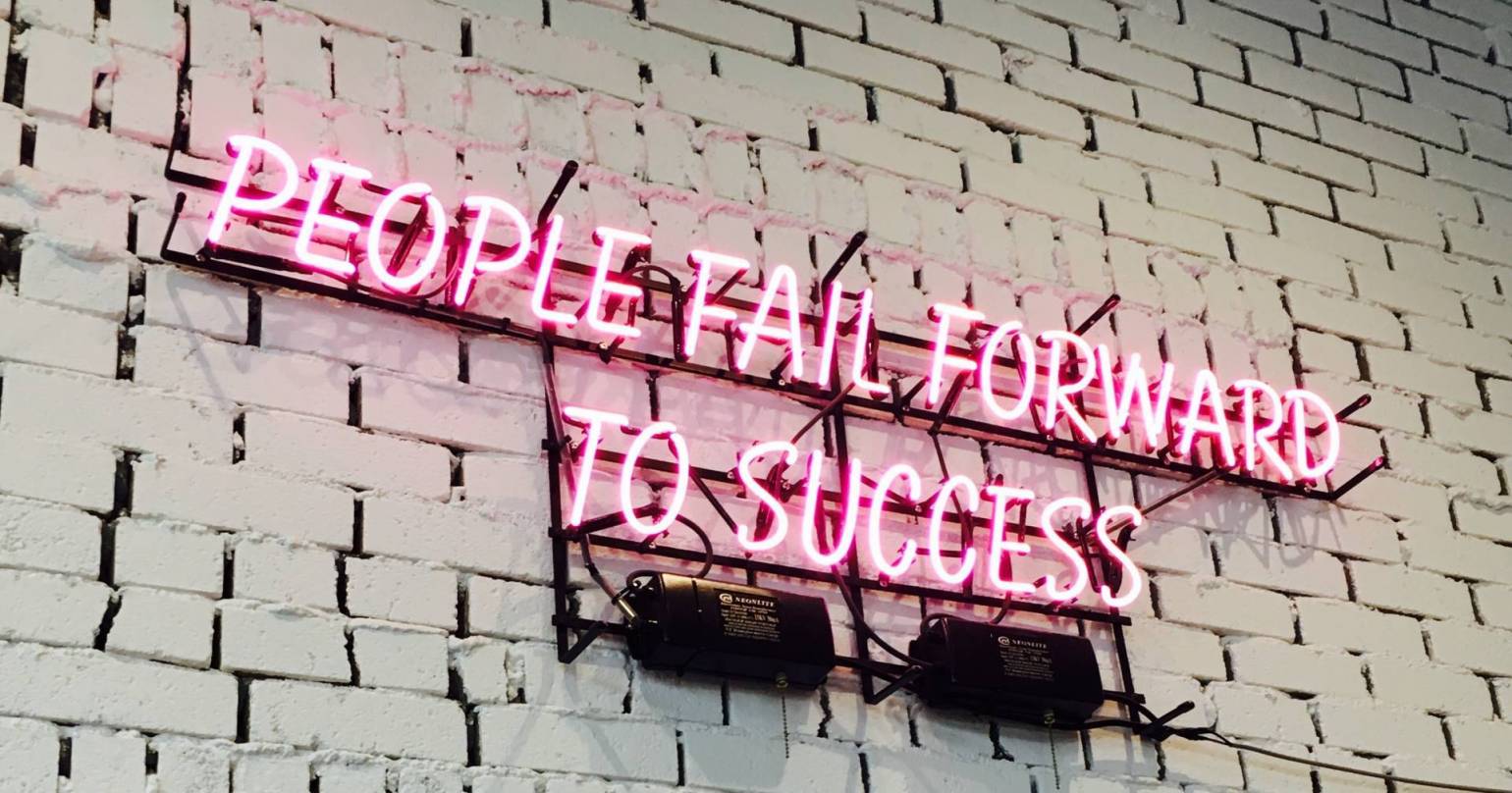Failure
It’s not a word we like to engage with.
There’s been a tendency to raise children and young adults achieve, to win, to be competitive, to get the best grades, reach our ambitions at a young age, and I say all this under the caveat that upbringing depends very much on individual parenting styles. As I talk about these issues, I admit I am coming at it from what I saw in my education and the various schools I attended and the children I grew up with or met later on in my education.
The Oxford Dictionary definition of failure is: ‘lack of success’ or ‘the neglect or omission of expected or required action.’
I personally think it is a very emotionally loaded word, for me it brings up connotations of sadness, anger, despair, rejection and the berating either of oneself or of another person.
Through the work that I have done with clients, I continue to find that failure is complicatedly bound up in the expectations that we hold, so it is of no surprise to see Oxford Dictionary using the word ‘expected’ in their definition. These expectations can be of ourselves, or partners (past, present or future), family members, colleagues or friends and are further tied up in our hope, dreams, wants, desires and needs, as well as in our boundaries.
There are many overused phrases right now describing our current climate so I am veering away from these and considering what we have right now is a shared problem but with individual impact. Society has certainly been turned upside down but the issues people face right now continue to be as diverse as the people they are affecting. I read somewhere last week that: ‘We are in the same storm but not the same boat,’ and I completely agree. I’ve long been an individualist so this phrase really resonates for me.
At the minute, there is so much room for inflated or ill-fitting expectations due to these issues that I feel sadly that the experience of failure maybe seeping in with abundance into daily life for many people right now:
- Parents are home schooling with mixed results,
- Working from home brings a mixture of rewards and challenges,
- Key workers risk their lives on a daily basis to support the country,
- Being made redundant can impact massively on the sense of self/ identity,
- Relationship are a mix of up and down and everything else in between depending on your circumstances,
- Strangers are helping other strangers,
- Community spirit shows signs of returning for some,
- People might also be trying to take advantage of your kindness (demanding more of your time, for example) or your profession (such as seeking key services for free or lower rates)
These are just a few examples but they serve to illustrate how wide-ranging these situations are for individuals.
How can we tackle feeling like a failure?
- Remember that you are doing all that you can right now.
- A less productive day isn’t a wasted day.
- If you’ve lost your job- think about what you would like to do next, was it the right job for you in the first place or did it compromise you in too many ways?
- Revamp your CV
- Create a dynamic profile to get yourself noticed
- Engage in tailoring cover letters to suit each job application.
- Trying and then not reaching your goal the first-time round is not failure, it means a few things still need to change to reach that goal next time. Trying is a positive action.
- Move away from judgemental statements about yourself and your actions: avoid terms such as good/ bad, right/ wrong when you are doing your best to achieve something. Simply doing SOMETHING is enough.
- ‘What’s the point in what I’m doing?’ Re-engage with your original reasons and explore why you bothered to start it in the first place.
- If you have multiple roles/ demands right now then prioritise by urgency- if you manage one urgent thing today then that is enough.
- Stop judging yourself by past standards- they can’t be met right now- they are hindering your progress and your mindset.
- Embrace self-compassion- find a positive statement that you can half-belief about yourself and repeat it is as either an affirmation or as a mantra and learn to eventually believe it fully.
These suggestions are more general things that you can do to assist with your mental health right now:
- Remember you are enough and you are loved,
- If you don’t communicate about how you feel then people will not know what you are going through,
- Socialising remotely is about as much as we can do right now so make sure you are using it in beneficial ways: speak to friends who support you, not those that bring you down and contact the people that you miss regularly,
- Stay safe, not only by following the rules of social distancing but physically and mentally if you live alone and are dealing with loneliness or if you are living with an abuser or a toxic person, and
- Engage in positivity- do things that you enjoy and read about things that bring you a smile, and finally and most importantly:
Be kind to yourself: by not bending on your boundaries, by not letting people take more than you are prepared to give them and by valuing both yourself and your worth. In doing so you can repair your confidence in yourself and your abilities, meaning failure won’t appear in your vocabulary in the same way.

Add Comment